Now how about that zest?
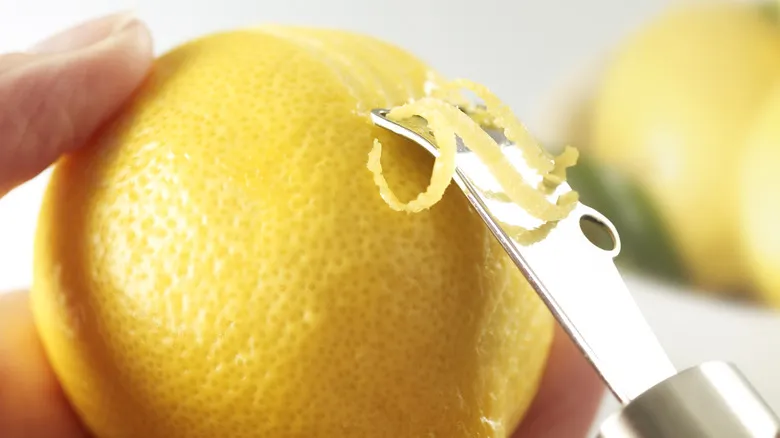
From adding a zesty kick to fluffy lemon pancakes to providing the ideal tang in cocktails, lemon zest is incredibly versatile. But can it be refrigerated? The quick answer is yes, though not for an extended period.
When stored in an airtight container in the fridge, lemon zest can remain fresh for about a week. For up to four months of vibrant zest, opt for an airtight container in the freezer. This approach is particularly handy if you plan to discard a lemon and don’t have an immediate use for the zest. The peel of this beloved fruit is packed with flavorful oils, so don’t toss it out when you can easily keep it for later. Plus, there's no need to thaw it; lemon zest is grated so finely that it will defrost almost instantly once removed from the freezer.
Finally, let's talk lemon juice

In comparison to halved lemons or zest, fresh lemon juice has a slightly longer shelf life. When stored in an airtight container in the refrigerator, lemon juice can remain fresh for up to two weeks. (Bottled lemon juice, thanks to its preservatives, can last up to nine months.) For convenient use in drinks and soups, you can freeze fresh lemon juice in an ice cube tray for up to four months.
However, regardless of how you store your lemons or their juice, be vigilant for any brown spots or if the lemon's skin feels excessively soft—this indicates it's time to discard the fruit. A fermented or moldy odor is also a clear sign of spoilage. If you're hesitant to save your lemons due to concerns about mold, you can always use them right away to effortlessly tackle old oven grime instead.
Recommended
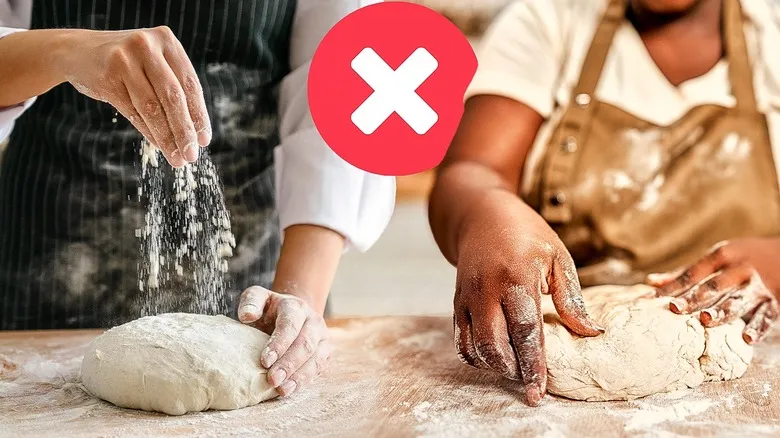
Mistakes You Should Avoid Making When Baking Bread
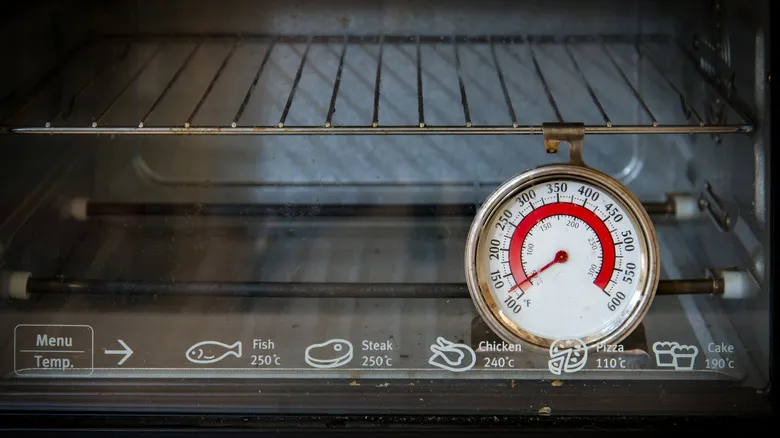
9 Tips For Using An Oven Thermometer The Right Way
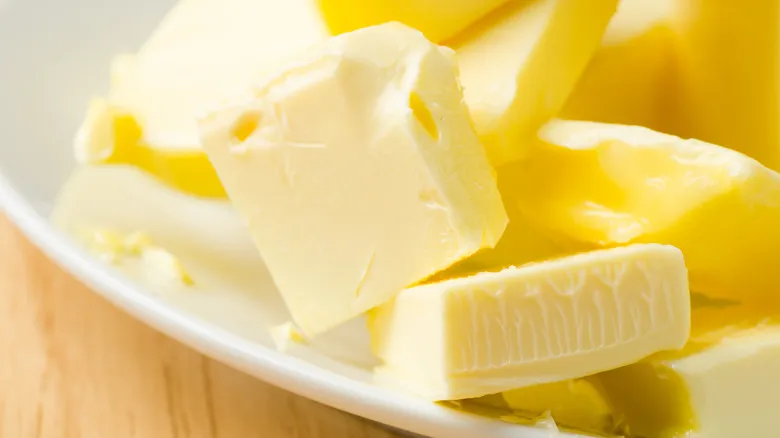
When Softening Butter, Patience Is Key
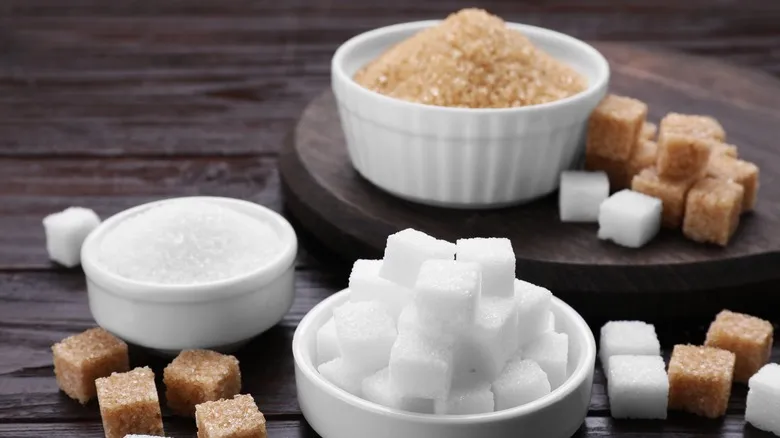
How Many Cups Of Sugar Are In One Pound?
Next up

